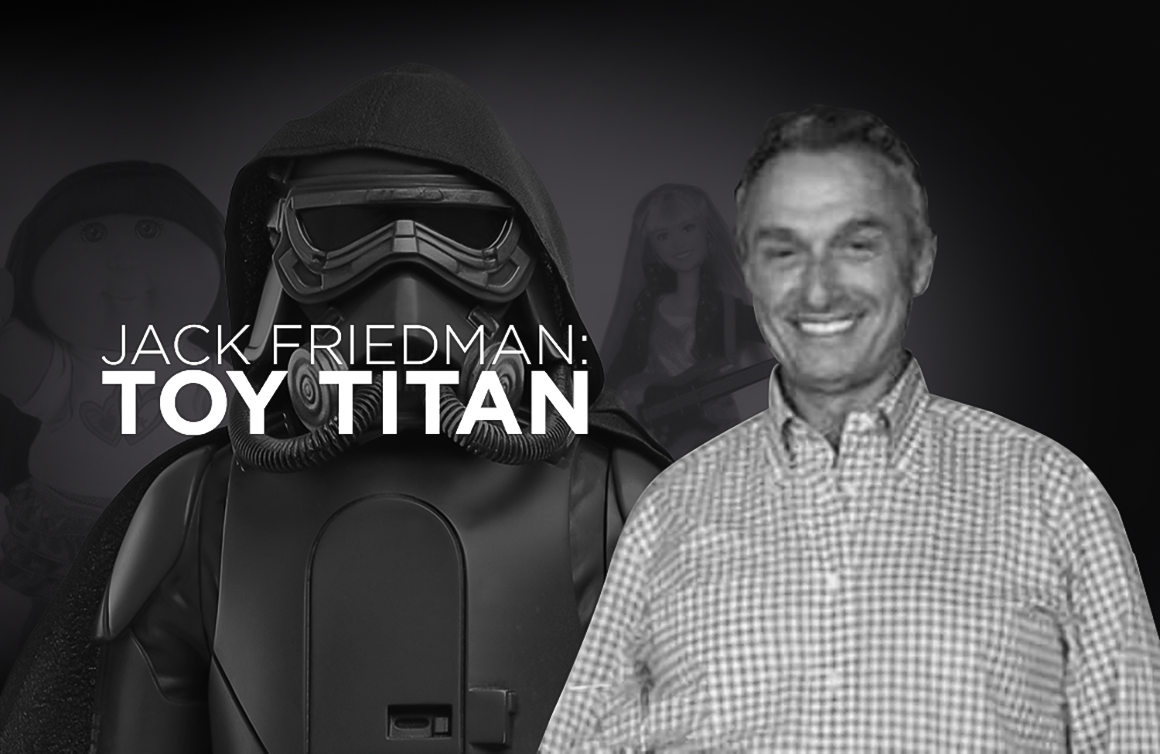Jack Friedman worked his way up in the toy industry to become one of the early adopters of licencing existing franchises to create best-selling toys.
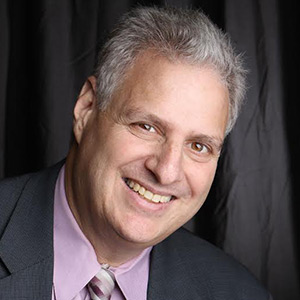
Vital Stats
Born July 1939 in Queens, New York
Died May 2010 in Los Angeles, California
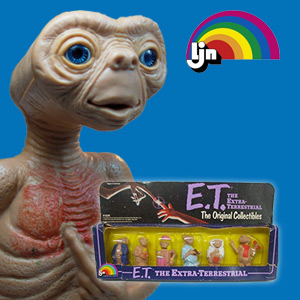
Getting Started
Friedman got his start in the toy industry by working as a salesperson for toy company Norman J. Lewis Associates in the 1960s.
While at Norman J. Lewis Associates, and with financing from Lewis himself, Friedman formed LNJ in 1970, a company focused on creating new toys and video games based on existing television and movie properties and popular celebrities. One of LNJ’s first creations included toys based on the movie E.T. the Extra-Terrestrial.
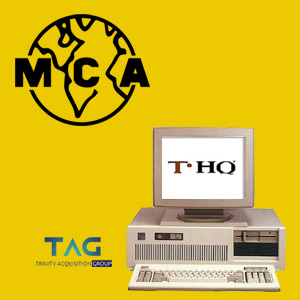
Moving On
MCA purchased majority share of LNJ in 1985 and moved the company, including Friedman, to Los Angeles, California.
In 1990, Friedman left LNJ to establishe THQ. The new company focused on developing video games based on popular movies. Trinity Acquisition Corp. acquired THQ just a year later, and Friedman left the company in 1994.
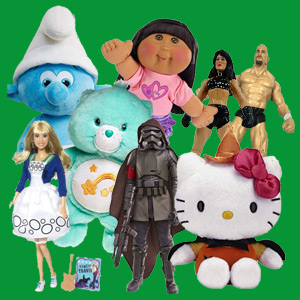
The Big One
In 1995, Friedman co-founded JAKKS Pacific with his friend, Stephen Berman. The team quickly acquired the rights to produce toys based on World Wrestling Federation (WWF) personalities, including Chyna, The Undertaker, Stone Cold Steve Austin, and others.
JAKKS Pacific strengthened its position by acquiring established toy companies such as Remco, Road Champions, Trendmasters, and Play Along Toys.
It also created toys based on popular franchises such as Cabbage Patch Kids, Care Bears, Smurfs, Star Wars, Marvel, Sesame Street, Hello Kitty, Hannah Montana, Power Rangers, and many more. Fortune magazine named JAKKS Pacific as one of the country’s fastest-growing companies in 1999. Friedman retired in 2010, leaving Berman as CEO of JAKKS Pacific.
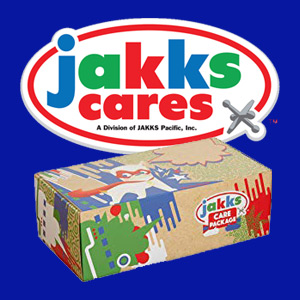
Legacy
Friedman established JAKKS Cares, a philanthropic program created to improve the lives of children through play.
To date, JAKKS Cares has donated more than $50 million in toys, school supplies, and monetary donations. Organizations such as Camp Ronald McDonald, The Toy Industry Foundation, Special Olympics, Boys & Girls Clubs of America have all benefited from the program.

